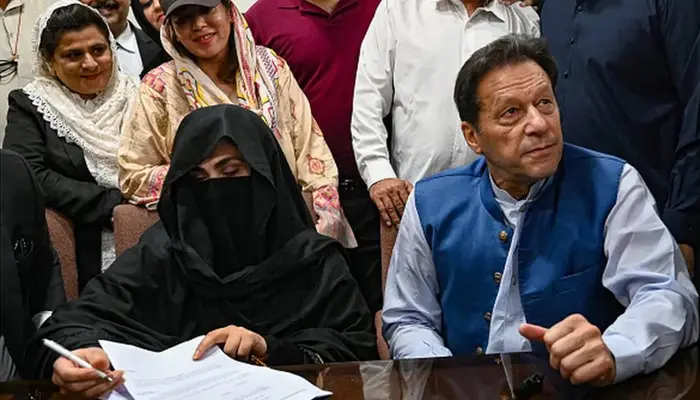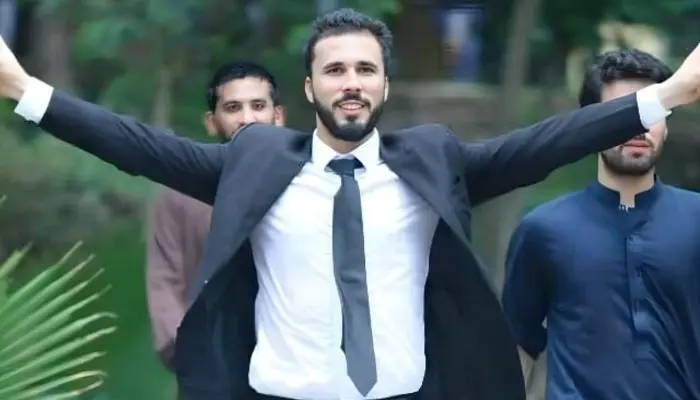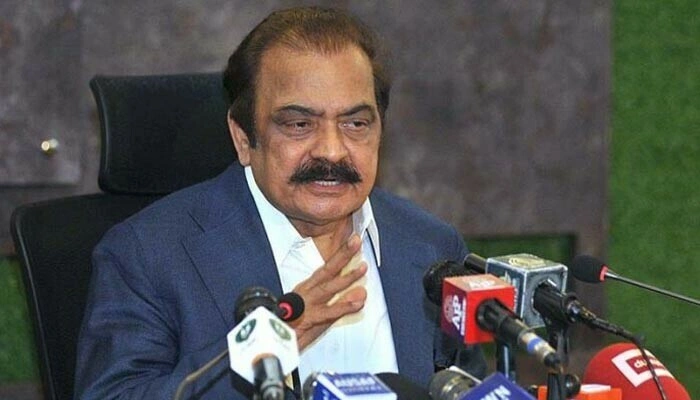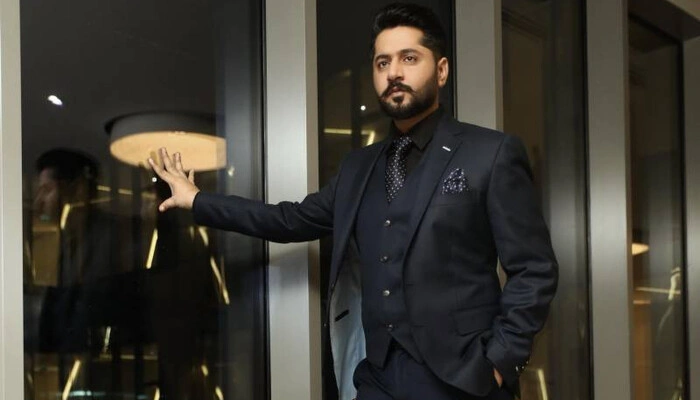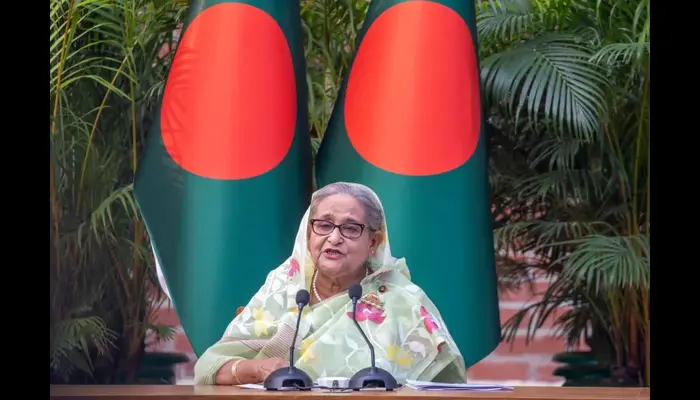Saudi Arabia Urges Ceasefires in Gaza, Lebanon at Arab-Islamic Summit
Riyadh: Saudi Arabia has called for immediate ceasefires in Gaza and Lebanon during a joint Arab League and Organisation of Islamic Cooperation (OIC) summit. Leaders from across the Arab and Muslim world gathered in Riyadh to renew calls for a Palestinian state amid escalating violence in the region.
Saudi Arabia Condemns Israeli Actions
Opening the summit, Crown Prince Mohammed bin Salman urged the international community to “immediately halt the Israeli actions against our brothers in Palestine and Lebanon.” He condemned Israel’s campaign in Gaza as “genocide,” expressing solidarity with the Palestinian and Lebanese people.
“Saudi Arabia affirms its support for the brothers in Palestine and Lebanon to overcome the disastrous humanitarian consequences of the ongoing Israeli aggression,” he said.
Support for Palestinian Sovereignty
A draft resolution prepared for the summit emphasizes “firm support” for the Palestinian people’s “national rights,” including their right to establish an independent and sovereign state. The resolution highlights a longstanding demand for freedom and statehood, despite recent statements from Israeli officials downplaying the feasibility of a Palestinian state.
Israel’s Stance on a Palestinian State
Just hours before the summit, Israel’s newly appointed Foreign Minister Gideon Saar dismissed the possibility of establishing a Palestinian state, referring to it as a “Hamas state.” He stated, “I don’t think this position is realistic today, and we must be realistic,” underscoring Israel’s stance against a two-state solution under current circumstances.
Saudi Arabia to Host Arab-Islamic Summit on Israel-Gaza Conflict
Trump’s Role in the Middle East
The summit comes as regional leaders consider the impact of U.S. policies, especially with the recent election of President-elect Donald Trump. Many view the gathering as a chance to communicate the region’s expectations for U.S. involvement, emphasizing dialogue and de-escalation. Trump’s previous policies were marked by strong support for Israel, including recognition of Jerusalem as Israel’s capital and support for the Abraham Accords, which normalized relations between Israel and several Arab states.
Ongoing Conflict in Gaza and Lebanon
The current Gaza conflict erupted on October 7 last year, following a surprise attack by Hamas on southern Israel, which left over 1,200 people dead, primarily civilians. Israel’s military response has since claimed the lives of more than 43,000 people in Gaza, predominantly civilians, according to reports from Gaza’s health ministry.
In Lebanon, Hezbollah, another Iran-backed group, joined the hostilities following Hamas’s attack. Cross-border violence has intensified, with Israel increasing airstrikes and deploying troops to southern Lebanon.
Saudi Arabia’s Stance on Diplomatic Relations
Saudi Arabia has put a hold on any U.S.-mediated deal that would normalize relations with Israel, maintaining that formal diplomatic ties with Israel hinge on the establishment of a Palestinian state. Riyadh has consistently prioritized a solution that includes full Palestinian sovereignty as a prerequisite for regional peace.
Divisions Among Arab Nations
The Arab League and the OIC, comprising 22 and 57 members respectively, represent diverse viewpoints on the Israel-Palestine conflict. While some members, such as the United Arab Emirates and Bahrain, have normalized relations with Israel through the Abraham Accords, others remain opposed to Israeli integration into the region.
Last year’s summit in Riyadh highlighted these divisions, with disagreements over whether to sever diplomatic and economic ties with Israel as part of a broader strategy to support Palestine.
Follow Day News on Google News, Instagram, YouTube, Facebook, Whats App, and TikTok for latest updates




